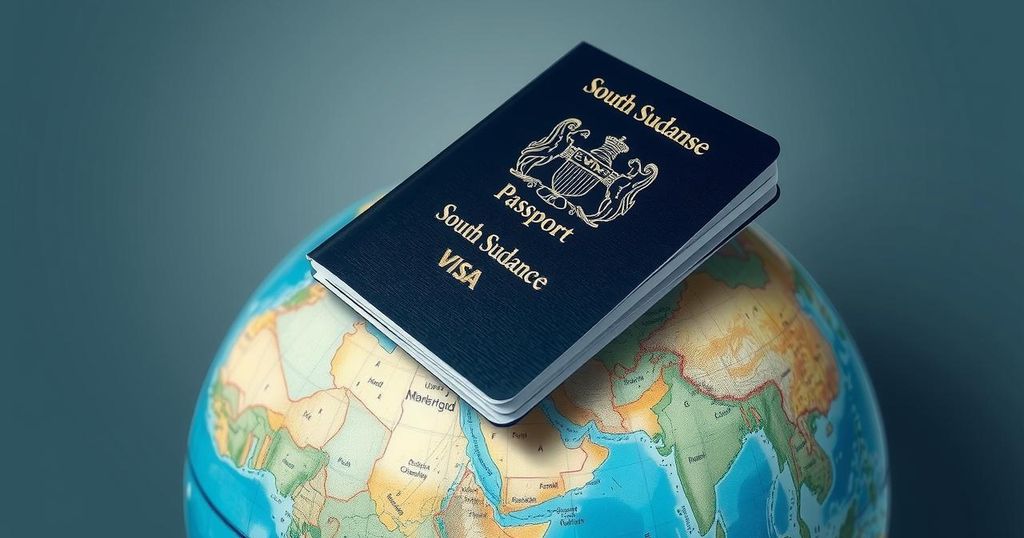Bashar al-Assad’s regime collapse in Syria has puzzled Iranian authorities, revealing deep divides within the Iranian establishment about the future of their involvement in the region. Reactions range from disappointment among hardliners, who see Assad’s role as crucial in combating extremism, to reformists who view this as an opportunity to reassess foreign policy priorities. The consequences for Iran’s influence in Syria and Lebanon could have significant implications for their overall strategic objectives.
As Bashar al-Assad’s regime disintegrates in Syria, Iranian officials are grappling with the unexpected speed of the collapse. Reports reveal significant concern within Tehran following the rapid gains made by opposition forces, which advanced through Syria with minimal resistance. An Iranian establishment insider indicated that Tehran did not anticipate the swift dismantling of the Syrian army, particularly as Hezbollah fighters diverted to confront Israel, leaving key border checkpoints unguarded.
In the face of ongoing Israeli airstrikes disrupting Iranian and Hezbollah positions, key Iranian sources revealed the failure of attempts to protect sacred sites, a priority emphasized even on the eve of Assad’s downfall. This development prompted a shift in Iranian state media, which recharacterized the opposition from “terrorists” to “armed groups” as the situation worsened. In an effort to placate domestic religious factions, Iranian officials subsequently leaked assurances from Hay’at Tahrir al-Sham (HTS) that Shia heritage sites would remain unharmed.
Domestically, reactions to these developments reflect a split among different factions within Iran. Religious hardliners who traditionally support the regime contend that the leadership failed to adequately defend Assad, viewing his government as pivotal in combating extremism and regional adversaries. In stark contrast, reformist elements suggest that this disruption in the “axis of resistance” is ultimately beneficial, proposing that it necessitates a reevaluation of Iran’s foreign policy approach to prioritize national interests over ideological pursuits.
Furthermore, perspectives among Iranian policymakers indicate that while some advocate for continued engagement with HTS and diplomatic avenues, others promote the establishment of new proxy groups to navigate the shifting Syrian landscape. Following the regime’s fall, Supreme Leader Ayatollah Ali Khamenei claimed that apparent adversities would not undermine the Resistance Front. Additionally, Iranian diplomats, including Foreign Minister Abbas Araghchi, highlighted potential opportunities arising from discontent among regional players critical of political Islam.
Analysts speculate that the dissolution of Iran’s influence in Syria could catalyze adverse consequences for Hezbollah’s political standing in Lebanon. The current reality creates logistical challenges for Iran-backed entities, suggesting that as Iran’s foothold wanes, it may encounter increased vulnerabilities in Lebanon. Some experts warn this trajectory could lead to a renewed focus on Iran’s nuclear ambitions, particularly if external pressures escalate, presenting a complex scenario where existential threats might be leveraged to justify pursuing advanced military capabilities.
The article discusses the unforeseen collapse of Bashar al-Assad’s regime in Syria and the subsequent turmoil faced by the Iranian establishment. Iranian leaders expressed shock at the rapid advance of rebel forces, reflecting a significant strategic miscalculation. As geopolitical dynamics shift, various factions within Iran offer differing interpretations of how these events will impact Iran’s foreign policy and regional power status. The situation underscores the complexities of Iran’s involvement in Syria, its relationships with proxy groups, and the implications for broader regional security dynamics.
In summary, the fall of Assad’s regime unveils deep divisions within the Iranian establishment regarding the future of their influence in Syria and the wider region. While some factions advocate for continued engagement and the establishment of new alliances, others perceive the developments as a necessary turning point for Iran’s foreign policy. As geopolitical tensions evolve, Iran faces critical decisions that will shape its strategic posture and regional relationships moving forward.
Original Source: www.middleeasteye.net




